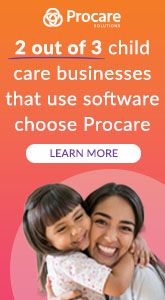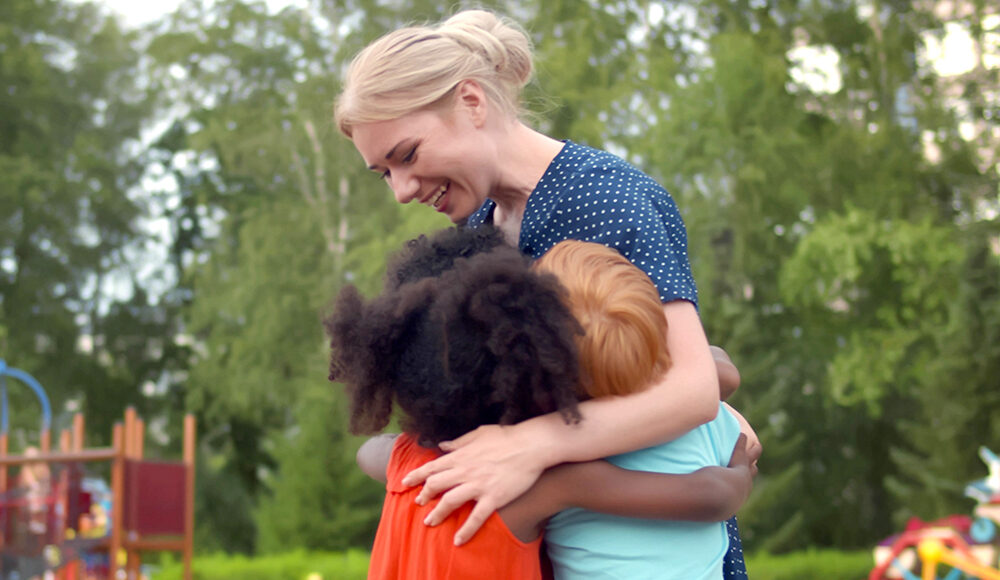Late afternoon on the beach. My granddaughter Schon (age 12) and I are flying a kite—and we are happy.
“Why does it feel so good to fly a kite?” I ask.
Schon is thoughtful. “I think because you feel like you control something. Everything is so unpredictable and confusing right now. No one knows what is going to happen. I want to control something.”
“What do adults need to understand?” I wondered.
Schon continued, “I want to control myself and what I do. It is harder to just go along and be part of things that I probably would have been okay with before. I want to make my own choices about my time and what I do. So being able to control something provides a sense of security; because while everything else is crashing down around you, you have something that is yours.”
When we are shaken by uncertainty, we search for something to hold on to, something to ground us, something to stabilize our sense of well-being. Like Schon, we are looking for what we can control, something that is ours. We are being told to do many things we really do not want to do—stay physically away from others, wear masks, stay indoors—and we are instructed not to do, in accustomed ways, many of the things we enjoy and took for granted: hug, hang out, celebrate. What we do control, the only thing really, is how we respond to our challenges.
We are all being changed, and change can hurt. Like all of us, children are experiencing a profound sense of loss. Schon talked about Outdoor School, a rite of passage for sixth graders in Portland Public Schools. When the experience moved online, high anticipation transformed into loss. Schon reflected, “We were supposed to make these bird nests, but nobody wanted to do it. We are sad and we do not feel like doing anything.”
Many children are dispirited; some are angry. All are impacted. A global generation of children whose sense of well-being is being challenged is of grave concern in this moment, and for the future.
ADVERTISEMENT
We need to be there for children; to do so, we need to be well ourselves. Children need to feel our hopefulness, they need to join us in our moments of joy, and they need to feel safe with their own emotions and those expressed when we are overwhelmed or discouraged. We cannot pretend; our wellness has to be authentic. We really must find our way to being okay.
Our response, moment by moment, to what is happening to us, will determine how we remember this time and who we are becoming. Watching us, children construct beliefs about human fortitude and adaptability that will serve them well, or not, as they build character and self-esteem and initiative.
- We can accept our challenges and dig in:
- We can listen, even if we cannot touch.
- We can smile with our eyes and hearts behind our masks.
- We can appreciate the opportunities within our bubbles—time for more stories and snuggles, longer dinners, more games and laughter.
- We can use our time to re-prioritize our lives and set in place changes that we have come to value.
- We can protect opportunities for whatever gives us pleasure.
- We can make our decisions based on generosity of spirit.
Mental health is under attack. Schon reminds us of the importance of control. We need to protect and reimagine the rights of children in challenging times. They, too, need to feel empowered. That is what we have right now. Find your way to okay. Be safe. Be well. A global generation of children needs us to figure this out—for them and for ourselves.
Bonnie and Roger Neugebauer are chefs at the WoFo Global Café, global impact engineers, and founders of the World Forum Foundation and Exchange Press.
Related
ADVERTISEMENT











